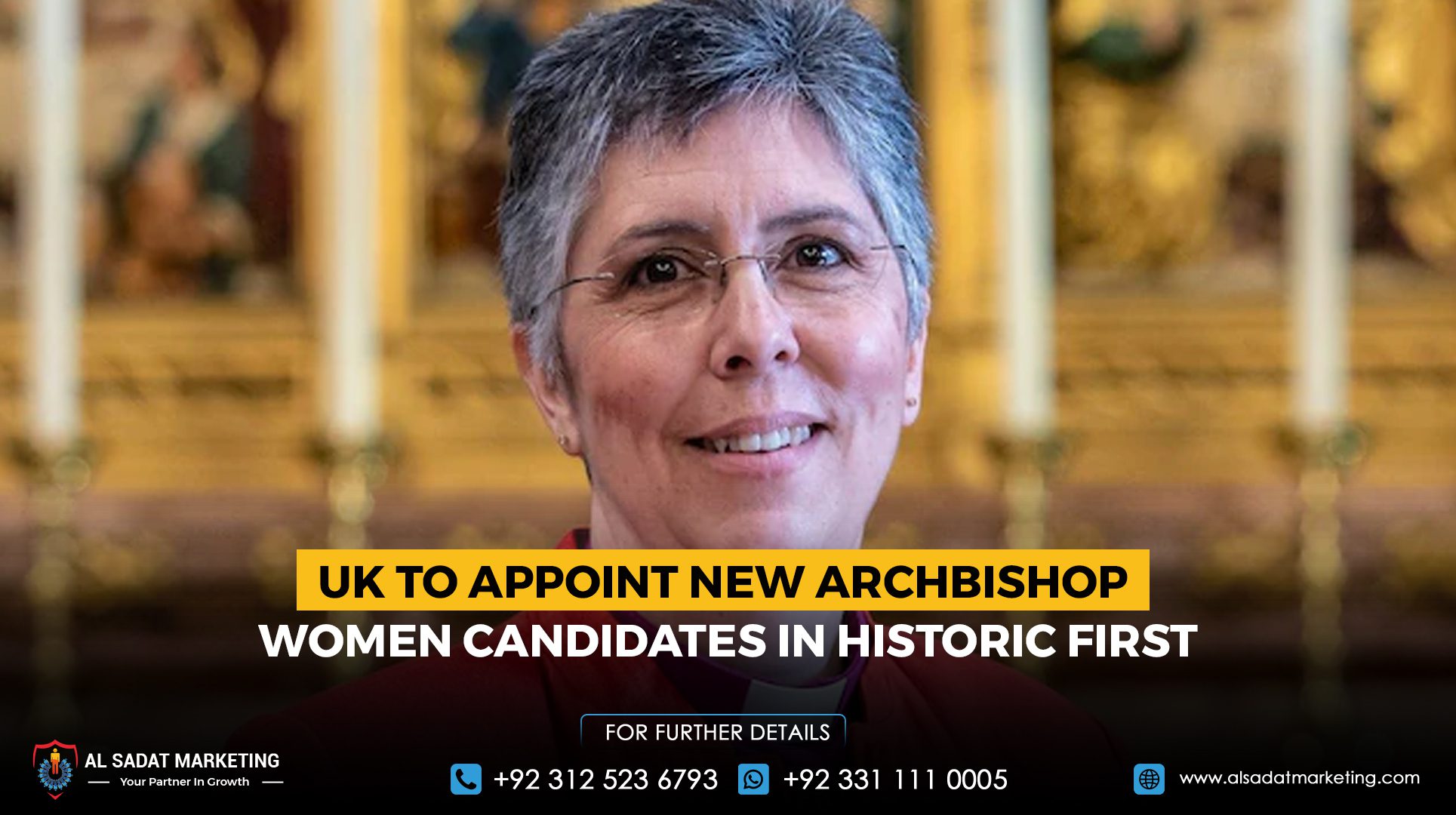The Church of England is set to announce its new Archbishop of Canterbury on Friday, a decision that could make history as the centuries-old institution may, for the first time, be led by a woman. The Archbishop serves as the spiritual head of 85 million Anglicans worldwide.
The possibility follows reforms introduced under former Archbishop Justin Welby, who stepped down last year amid criticism over a child abuse cover-up. Those reforms, introduced a decade ago, opened the way for women to serve as bishops — now making them eligible for the church’s most senior role.
“This would be momentous — the first time since 597 AD that a woman could hold the Archbishop’s seat,” said David Monteith, Dean of Canterbury, who will formally install the new leader during a service in the coming months.
Top contenders include three female bishops
The frontrunners are Bishop Rachel Treweek, the Church’s first female diocesan bishop; Bishop Guli Francis-Dehqani, an Iranian-born refugee who fled to Britain after the 1979 Islamic Revolution; and Bishop Sarah Mullally, who leads the influential London diocese. Other names being considered include Bishop Martyn Snow and Bishop Pete Wilcox of Sheffield.
If a woman is appointed, it would mark a defining moment for global Christianity, but also deepen divides within Anglican communities over same-sex blessings and the role of women in leadership. The Archbishop must balance differing views between conservative African churches, where homosexuality remains illegal in some nations, and more progressive voices in the West.
Historic and political significance
As England’s established church, the appointment involves both church and state. Prime Minister Keir Starmer’s office will announce the decision with the formal approval of King Charles III, who is the Church’s supreme governor — a role dating back to Henry VIII’s break from the Catholic Church.
The lengthy selection process, lasting nearly a year, was overseen by a commission of senior bishops, global Anglican representatives, and lay members, even involving a former intelligence officer in its vetting procedures.
The next Archbishop will become the 106th holder of the office, stepping into one of the most influential — and contested — roles in the Christian world.










